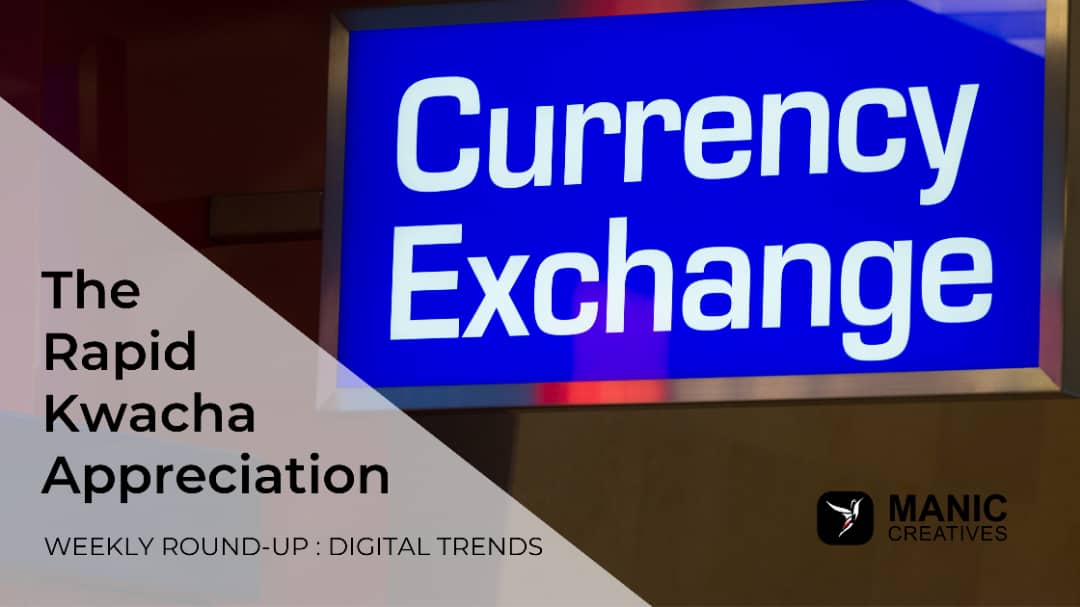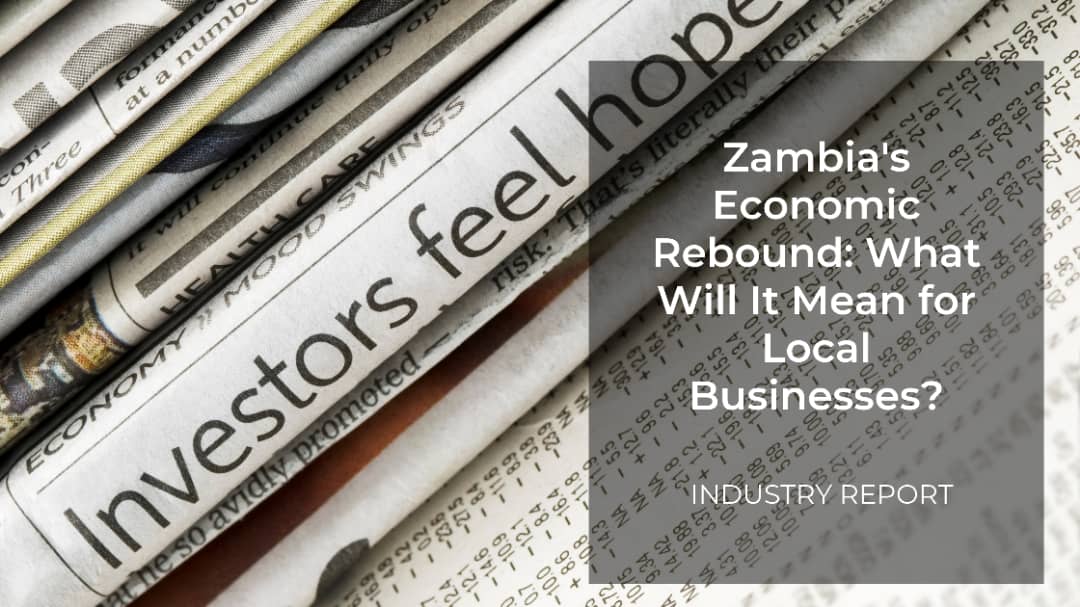Weekly roundup: Digital Trends
The rapid kwacha appreciation
AHEAD of the August 12 general election, the Zambian kwacha rapidly appreciated against major currency convertibles, setting off wild speculation as to the driving factors behind the sudden appreciation.
According to financial market data, the local currency quickly appreciated to trade at around K19.21 per dollar by August 5 from a peak of K22.60, mainly boosted by a sudden dollar supply on the local market.
This was the first time the kwacha rallied to below the K22 per dollar psychological threshold since mid-March when the local unit traded at around K21.94 by March 14.
Social media commentators all speculated on the local currency’s sudden appreciation, with some attributing it to an unknown sum of dollars mysteriously landing in planes at the airport, while others linked the currency’s strengthening to the August 12 polls.
But the movement in the foreign exchange rate is a hugely significant development to trigger the Bank of Zambia’s (BoZ) explanation and interpretation. According to the central bank, the kwacha’s appreciation in value was mainly a reflection and reaction to the increased copper prices on the international market, which recently breached the US $10,000 per tonne threshold in that Zambia recorded stronger export earnings that in-turn supported the local currency by boosting dollar supply, outstripping demand.
More notably, however, was the revelation that the central bank sold US$687.5 million to the market in the period up to July 23, 2021, compared to just US$86.0 million over the same period in 2020. In addition, foreign exchange inflows from non-resident investors purchasing government securities significantly increased, further providing liquidity to the foreign exchange market, the BoZ added.
But so topical is the local currency that debate on social media raged on despite the central bank’s official statement. Other commentators pointed out that Zambia’s public external debt repayments had stopped in response to creditors’ brief moratoriums on government’s debt servicing.
Everytime the kwacha trends on the Internet, there are always polarising opinions and views offering explanations and interpretations given how central the currency is to the local economy.
As the dust settles following the August 12 polls, it is clear that the local unit will be trending again, hopefully for the right reasons.








